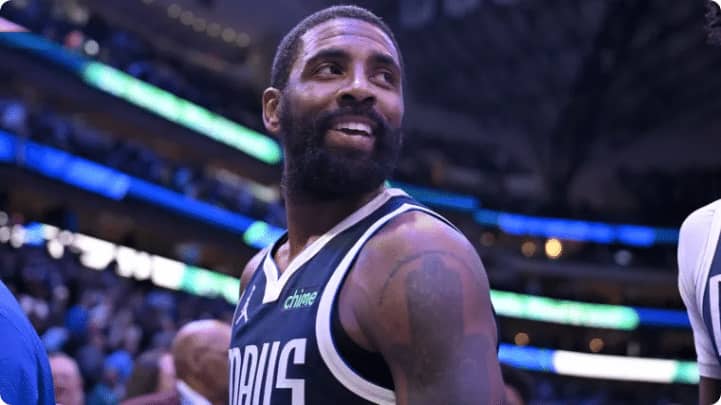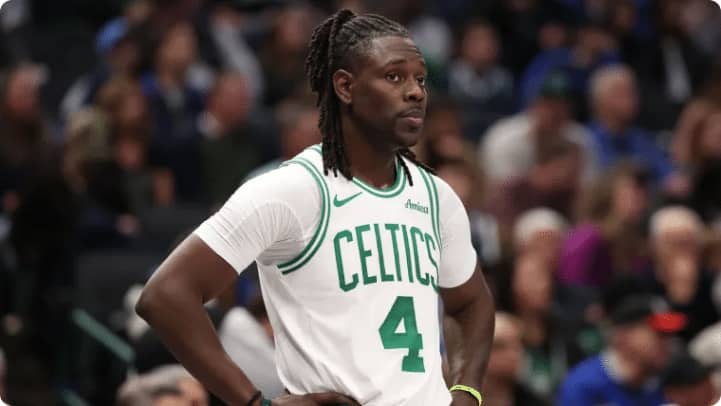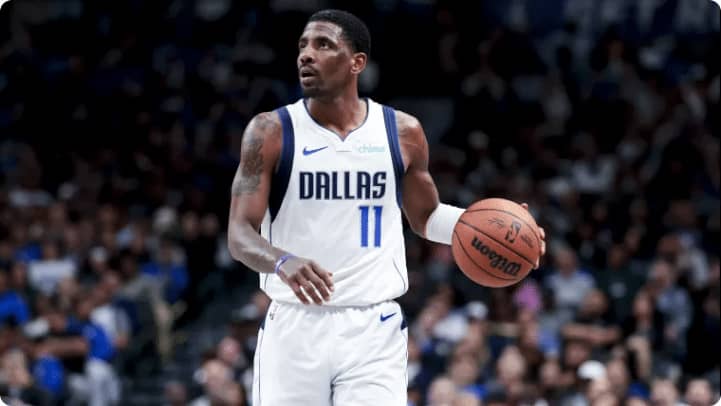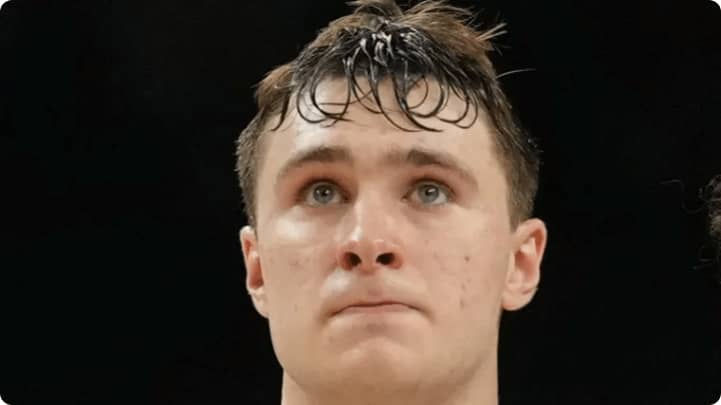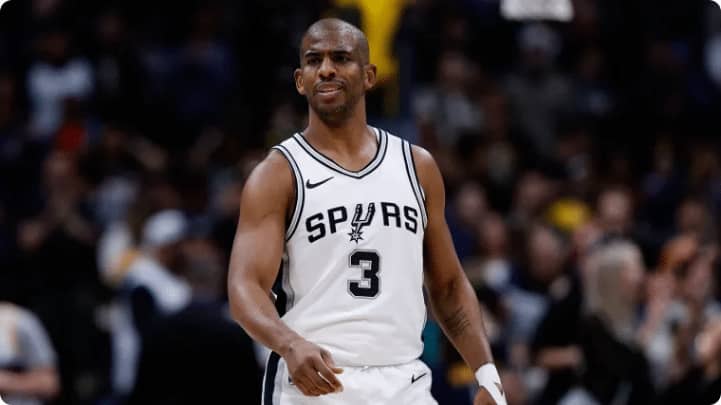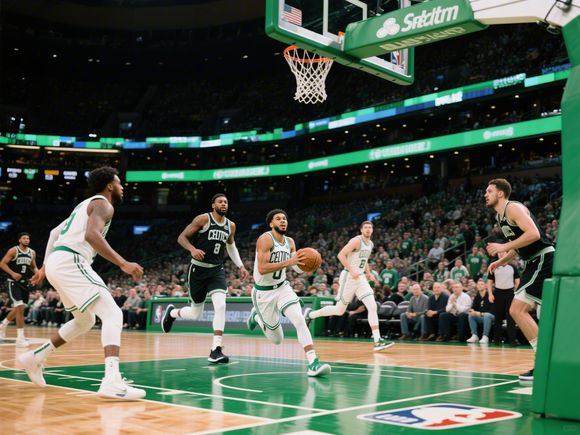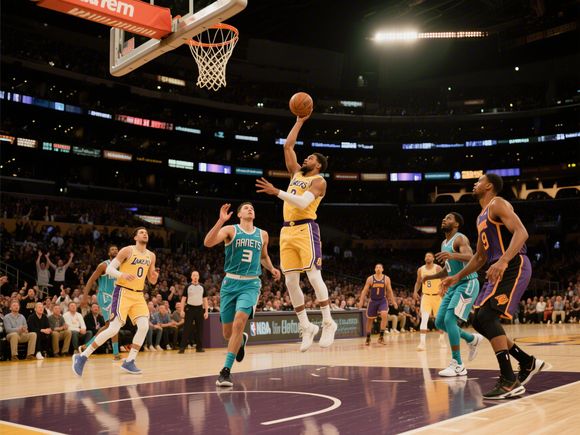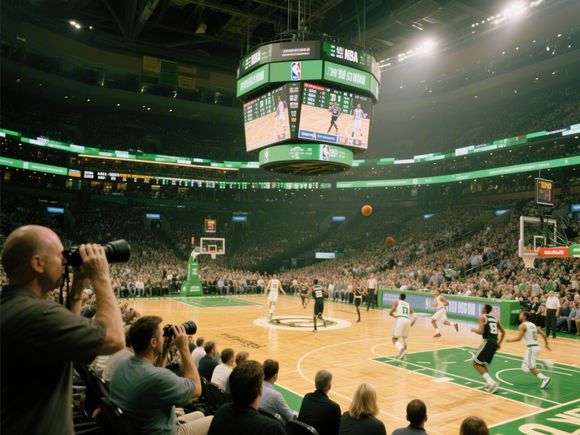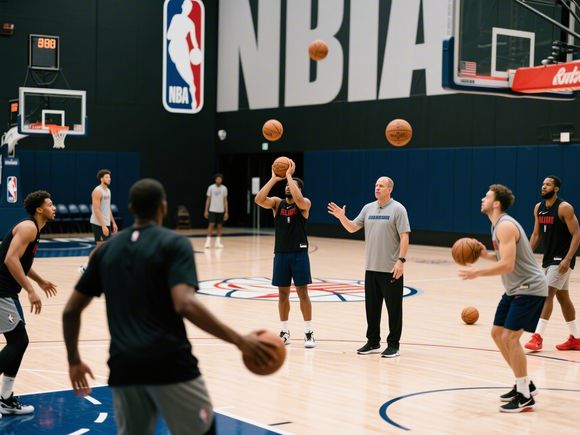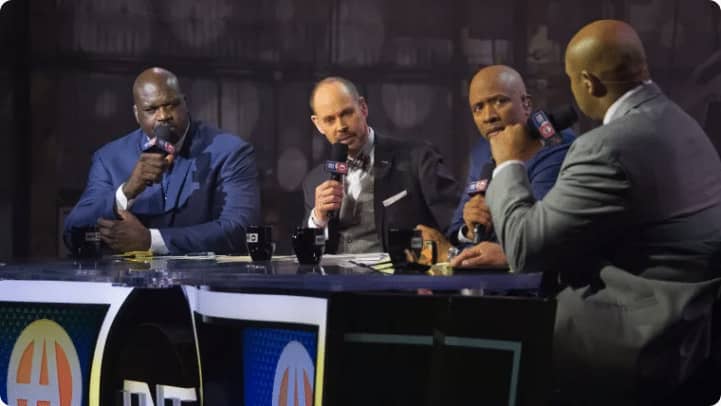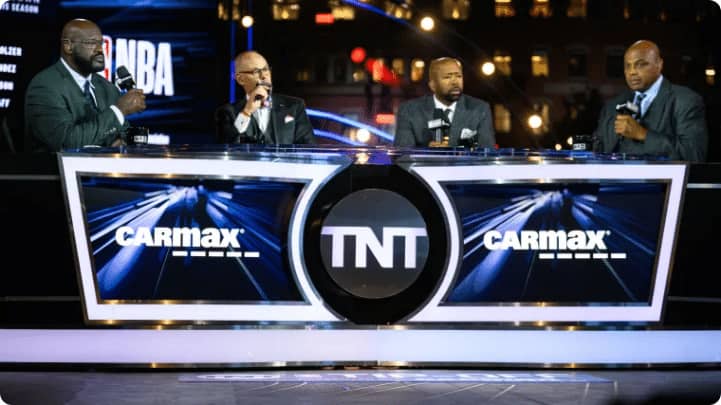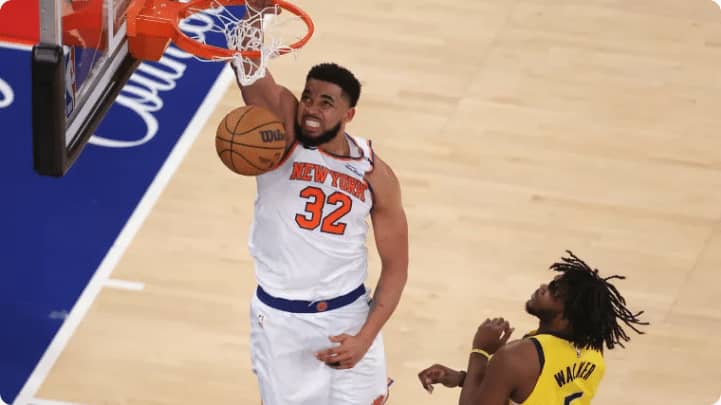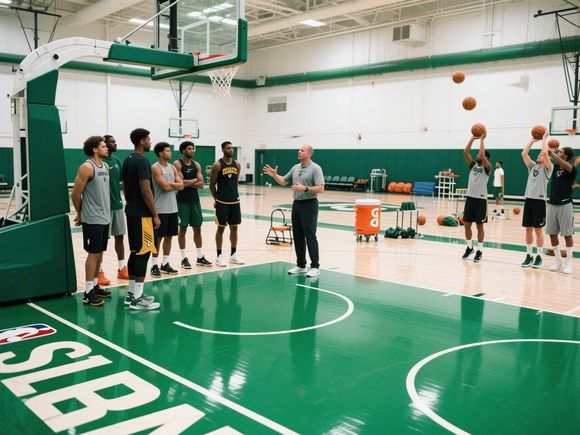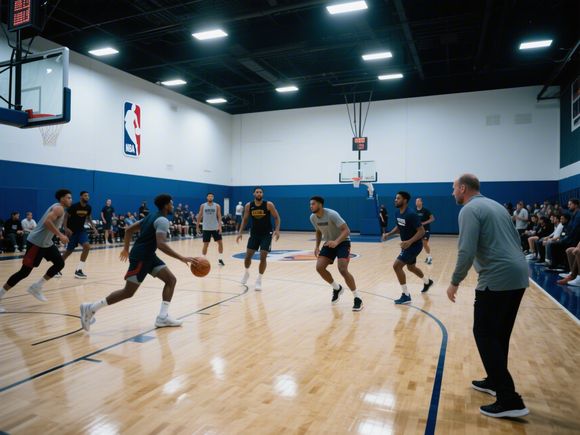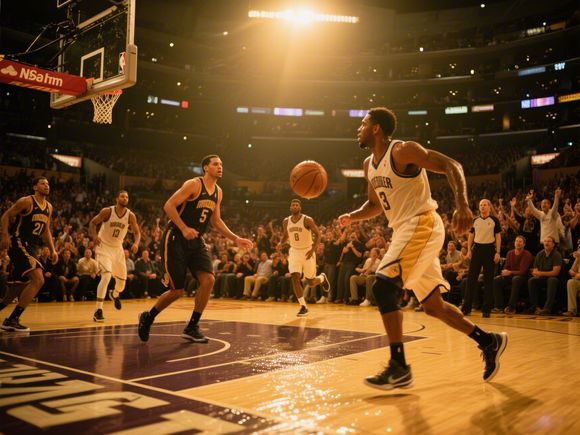The Dallas Mavericks Fanbase: A Study in Negativity and the Psychology Behind It
FEEL UNSTOPPABLE IN GEAR THAT MOVES WITH YOU.
From lightweight running shorts to moisture-repellent jackets – every piece is crafted for peak performance and head-turning style.
Need sports gear? Get it on sale now – discounts you can’t resist! <--ClickThe Dallas Mavericks fanbase has long been a subject of fascination in the NBA, but recent studies have cast a spotlight on their uniquely pessimistic outlook. According to a 2024–2025 analysis by vegasinsider.com, Mavericks fans lead the league with 32.41% of their Reddit comments flagged as negative, a statistic that has reignited debates about fan behavior, team management, and the emotional investment of sports enthusiasts. This article explores the factors driving this negativity, the psychological triggers behind it, and how it reflects broader trends in modern sports fandom.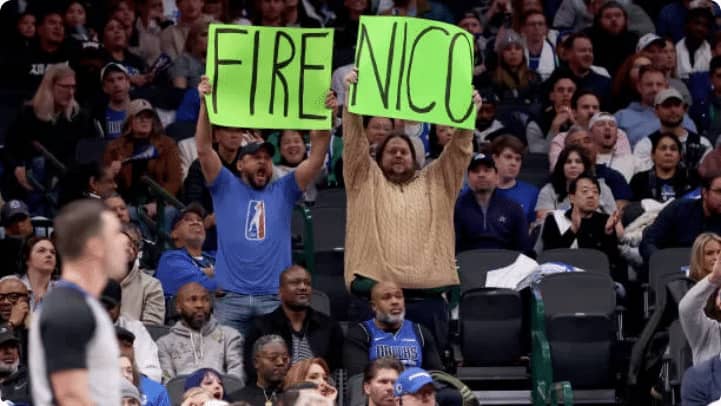
The Data: A Pessimistic Pattern
VegasInsider’s study, analyzing over 1.3 million Reddit comments, revealed that Mavericks fans not only dominate the "most negative" category but also rank fourth in foul language usage, with the "f-word" appearing in 45.3% of their curse-laden posts. This aligns with earlier research by replay poker, which found Miami Heat fans to be the most negative on Twitter, highlighting how platform-specific behaviors shape fan narratives. The Mavericks’ Reddit-centric notoriety stems from a mix of historical disappointment and recent trauma, particularly the shocking February 2025 trade of franchise icon Luka Dončić to the Los Angeles Lakers.
The Dončić Trade: A Catalyst for Anger
The trade of Dončić, a five-time All-Star who led the Mavericks to the 2024 NBA Finals, triggered unprecedented backlash. Videos of fans protesting outside the American Airlines Center went viral, with some carrying coffins and signs labeling the trade "the worst in NBA history." This reaction underscores the emotional stakes of sports fandom, where a player’s departure can feel like a betrayal. Psychologically, such anger often stems from irrational beliefs, such as the expectation that a team "must win" or that a star player is irreplaceable.
Historical Context: A Cycle of Highs and Lows
The Mavericks’ 45-year history is marked by extreme volatility. They won their only championship in 2011 behind Dirk Nowitzki but have since struggled to maintain contender status. Recent seasons saw playoff exits in the first or second round, culminating in a 38–44 record in 2022–23. Such inconsistency breeds cynicism. Fans who witnessed the 2006 Finals collapse and the 2007 first-round upset as the No. 1 seed now view optimism as a liability. This "pessimism bias"—dwelling on past failures—reinforces a self-fulfilling prophecy of negativity.
The Psychology of Fan Anger
Sports psychologists note that fan anger often masks deeper emotions like disappointment or fear of irrelevance. For Mavericks fans, Dončić’s trade symbolized the loss of a championship window, reigniting fears of prolonged mediocrity. The team’s social media strategy, while innovative—including contests for rowdy fans—has failed to offset this disillusionment. Negative comments on platforms like Reddit become a coping mechanism, a way to reclaim agency in a situation perceived as out of their control.
Conclusion: Can the Mavs Turn the Tide?
The Mavericks’ fanbase crisis offers a microcosm of modern sports fandom: hyper-connected, emotionally charged, and quick to backlash. While the team’s front office faces criticism for the Dončić trade, addressing fan negativity requires more than roster moves. It demands transparency, long-term vision, and efforts to rebuild trust. As the 2024–25 season unfolds with Anthony Davis now leading the charge, the Mavericks have a chance to rewrite their narrative. For fans, embracing a healthier relationship with their team—one that acknowledges the highs and lows without spiraling into despair—may be the ultimate challenge.
Keywords
dallas mavericks, luka dončić trade, nba fan negativity, sports psychology, fan behavior


